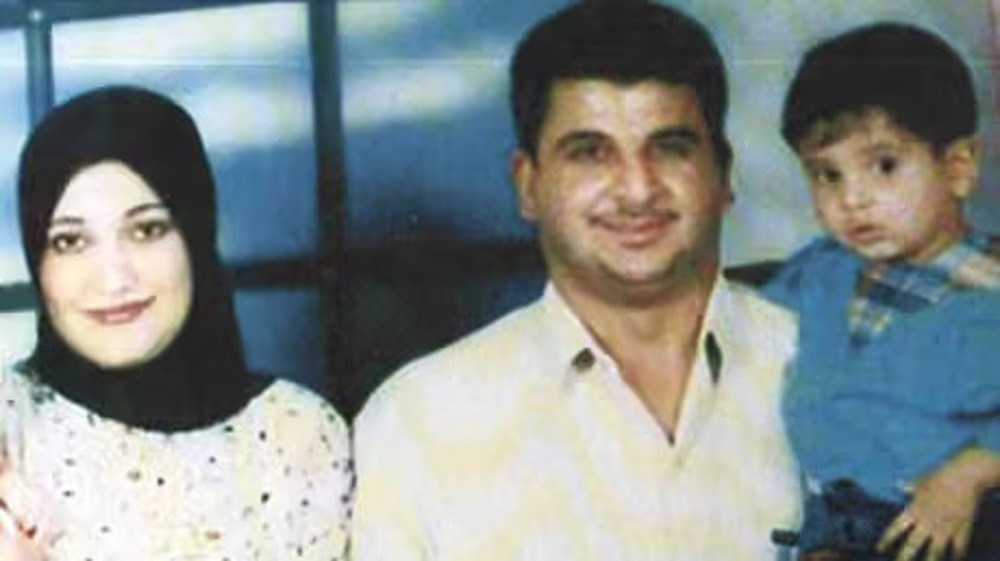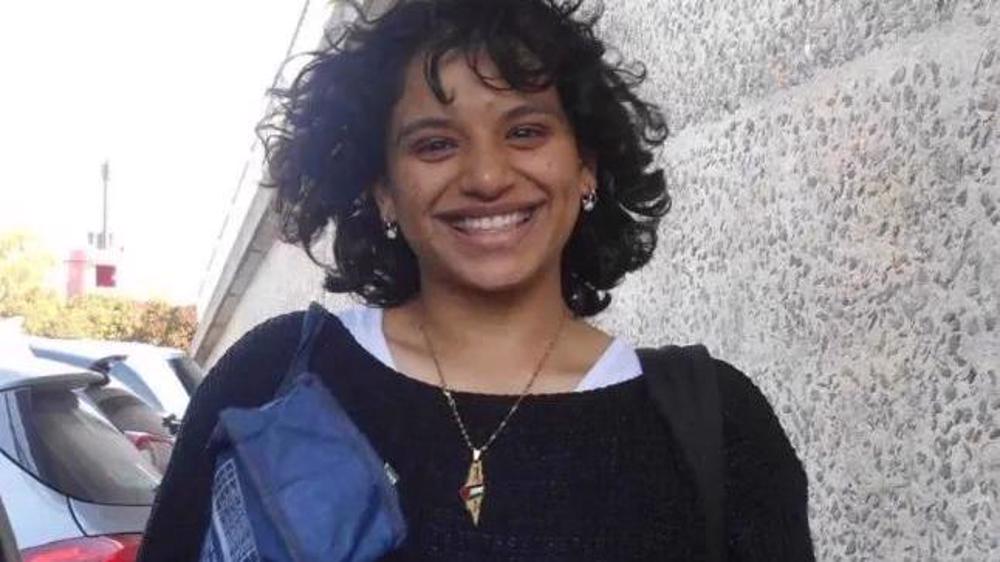‘Prolonged breakdown’ between MI5, MI6 over war on terror
Government-sponsored abductions by UK’s foreign intelligence service MI6 led to a “prolonged breakdown” in ties with MI5, the domestic agency, at the time of former Prime Minister Tony Blair, a new report reveals.
MI5 chief Eliza Manningham-Buller wrote a letter to Blair, slashing MI6’s rendition operations, leading to the torture of the suspects as part of the so-called war on terror, saying they were endangering the agency’s spies and other assets, the Guardian reveled, citing Whitehall sources Tuesday.
Manningham-Buller wrote the letter upon learning the scope of renditions by the sister agency, which made her throw out some MI6 staffers and ban them from working at MI5 headquarters, Thames House.

“The letter was discovered by investigators examining whether British intelligence officers should face criminal charges over the rendition of an exiled Libyan opposition leader, Abdul Hakim Belhaj,” read the report.
A staunch critic of late Libyan dictator Muammar Gaddafi, Belhaj was arrested in the Thai capital Bangkok in a joint UK-US operation in March, 2004 and transferred to the Libyan capital Tripoli for interrogation and torture.
Belhaj (pictured below) was injected with “truth serum” and was tortured by the CIA before he was flown, along with his family, to the Libyan capital, where he was initially interrogated by British officers.

MI6 cooperation with the Libyan intelligence led to the arrest. The spy agency also updated their Libyan friends about the French and Moroccan aliases used by Belhaj five days ahead of the flight.
“I wasn’t allowed a bath for three years and I didn’t see the sun for one year,” he said. “They hung me from the wall and kept me in an isolation cell. I was regularly tortured.”
He added that he was “very surprised that the British got involved in what was a very painful period in my life.”
The British role was revealed after documents were found in Libya’s intelligence offices following the dictator’s fall.
One of the letters, sent from Sir Mark Allen, the then counter-terrorism chief at MI6, to Libyan intelligence chief Moussa Koussa, clearly demonstrated the British involvement in Belhaj’s case.

“I congratulate you on the safe arrival of Abu Abd Allah Sadiq [Abdul-Hakim Belhaj]. This was the least we could do for you and for Libya to demonstrate the remarkable relationship we have built over the years. I am so glad,” Allen (pictured above) wrote. “[Belhaj’s] information on the situation in this country is of urgent importance to us. Amusingly, we got a request from the Americans to channel requests for information from [Belhaj] through the Americans. I have no intention of doing any such thing. The intelligence on [Belhaj] was British. I know I did not pay for the air cargo [Belhaj]. But I feel I have the right to deal with you direct on this and am very grateful for the help you are giving us.”
Investigations, under way for months, have frustrated police and prosecutors particularly because many eyewitnesses fail to recall who was responsible for the measures or knew about it.
“This is an extremely difficult area for police and prosecutors,” said one source. “The problem is, the CPS [Crown Prosecution Service in England and Wales] cannot bring a charge against a government policy.”
Russia delivers evidence to US of Ukrainian drone strike on Putin's residence
MSF slams Israeli actions, baseless allegations
Hamas slams Israel for pursuing 'Judaization' agenda in occupied West Bank
President: Iran will stand firm against threats, continue path of martyrs
VIDEO | Health concern grows as leptospirosis threatens displaced families in Gaza
VIDEO | Iran in 2025: From US and Israeli aggressions to diplomatic and scientific achievements
London mayor vows to stand up to Trump’s ‘bile’, bullying
VIDEO | Press TV's news headlines










 This makes it easy to access the Press TV website
This makes it easy to access the Press TV website